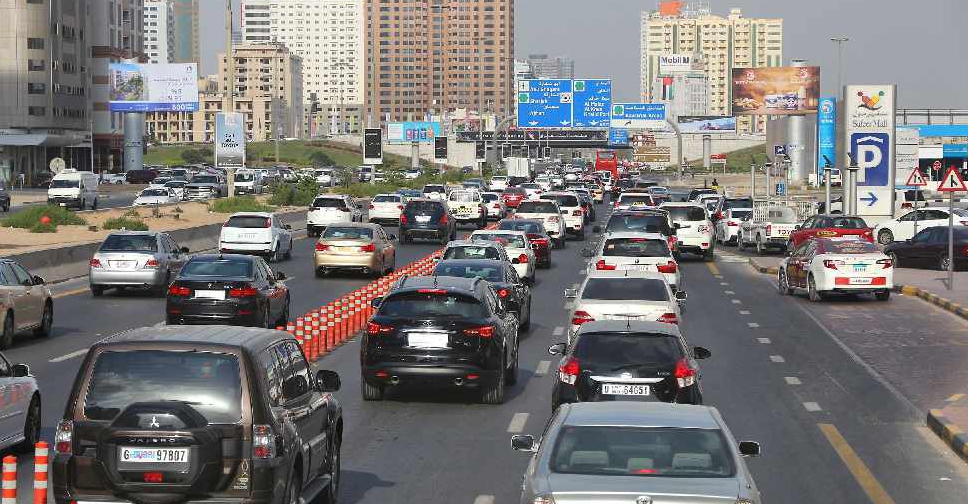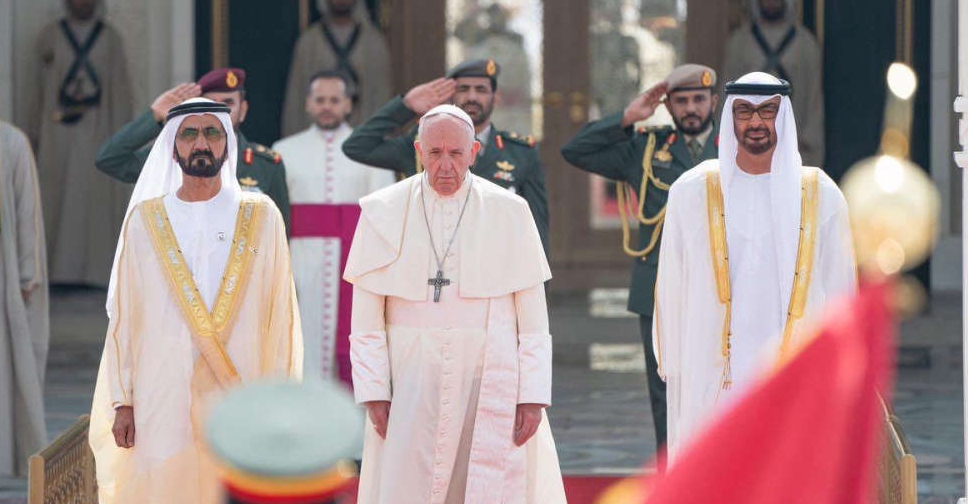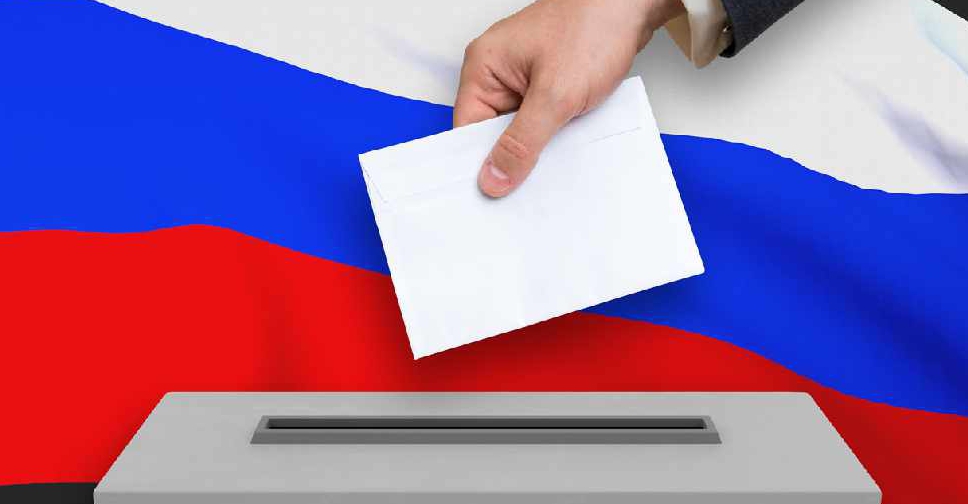
Russians vote on Sunday in dozens of local elections that will be scrutinised for signs of discontent with the ruling United Russia party following the suspected poisoning of Kremlin critic Alexei Navalny.
Navalny had hoped to undermine United Russia's grip on regional power and had urged his supporters to vote against it tactically before he fell gravely ill in what Germany and his allies say was an attempt to kill him last month.
United Russia, which backs President Vladimir Putin, dominates regional politics, but the elections come at a time of public frustration over years of falling wages and the government's handling of the pandemic.
Seen as a dry run for next September's parliament elections, the regional polls will elect 18 governors and an array of local parliaments and city councils.
Early voting began on Friday after authorities stretched out the elections over three days, a move criticised by independent election watchdog Golos which warned the longer period would make it harder for monitors to catch fraud at polling stations.
Navalny's allies have pressed ahead with the Kremlin critic's "smart voting" strategy, naming more than a 1,000 politicians on the ballots they think can beat ruling party candidates and telling their supporters to vote for them.
The strategy aims to disrupt a political system that often bars the Kremlin's staunchest foes from running, while allowing softer candidates from the parliamentary parties to compete. Navalny has been unable to set up his own party.
The anti-corruption campaigner also has dozens of allies running in elections for seats in the city councils of Novosibirsk and Tomsk in Siberia.
There have been some signs of anti-Kremlin discontent in the regions.
Mass rallies in the far eastern city of Khabarovsk show no sign of abating two months after they flared over the arrest of a popular local governor who defeated United Russia's candidate in an election upset in 2018.


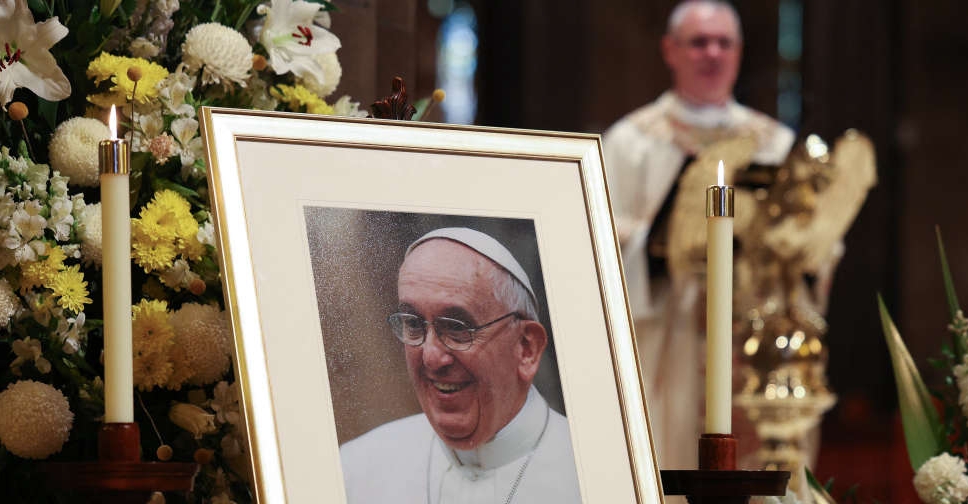 Pope Francis' funeral to be held on Saturday, Vatican says
Pope Francis' funeral to be held on Saturday, Vatican says
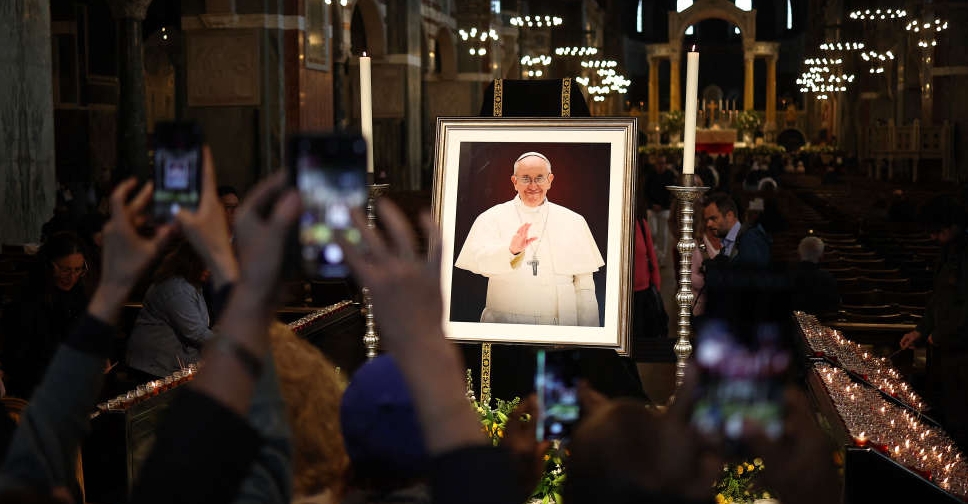 Cardinals meet after death of Pope Francis, plan for funeral
Cardinals meet after death of Pope Francis, plan for funeral
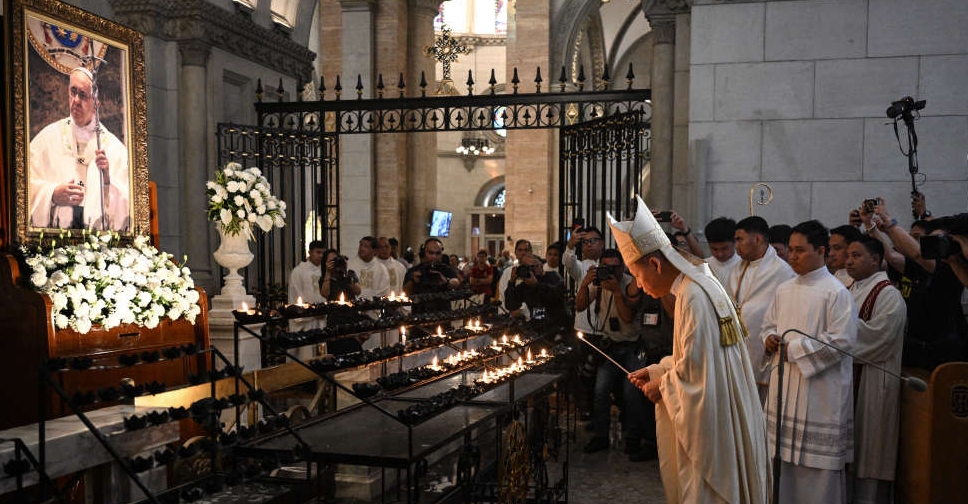 'A true father to us': Filipinos mourn Pope Francis
'A true father to us': Filipinos mourn Pope Francis
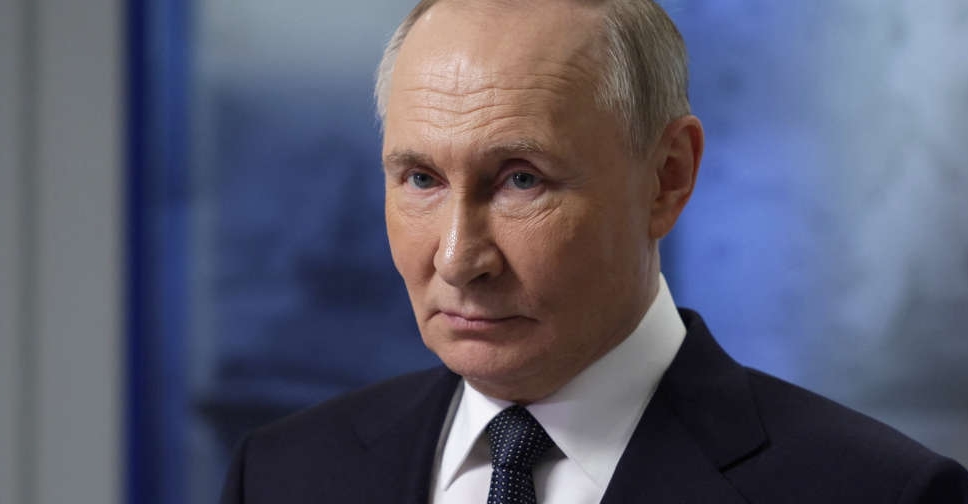 Putin says he is open to direct peace talks with Ukraine
Putin says he is open to direct peace talks with Ukraine
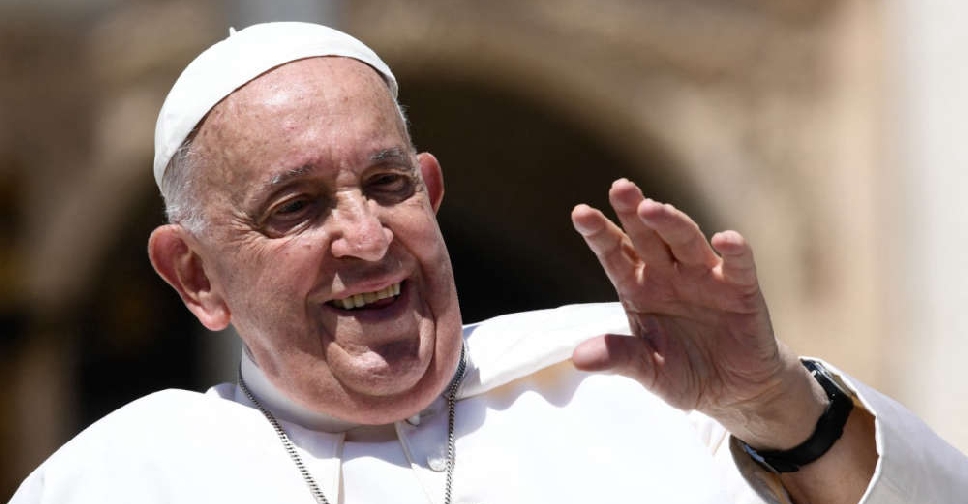 Pope Francis dies after stroke and cardiac arrest, Vatican says
Pope Francis dies after stroke and cardiac arrest, Vatican says

